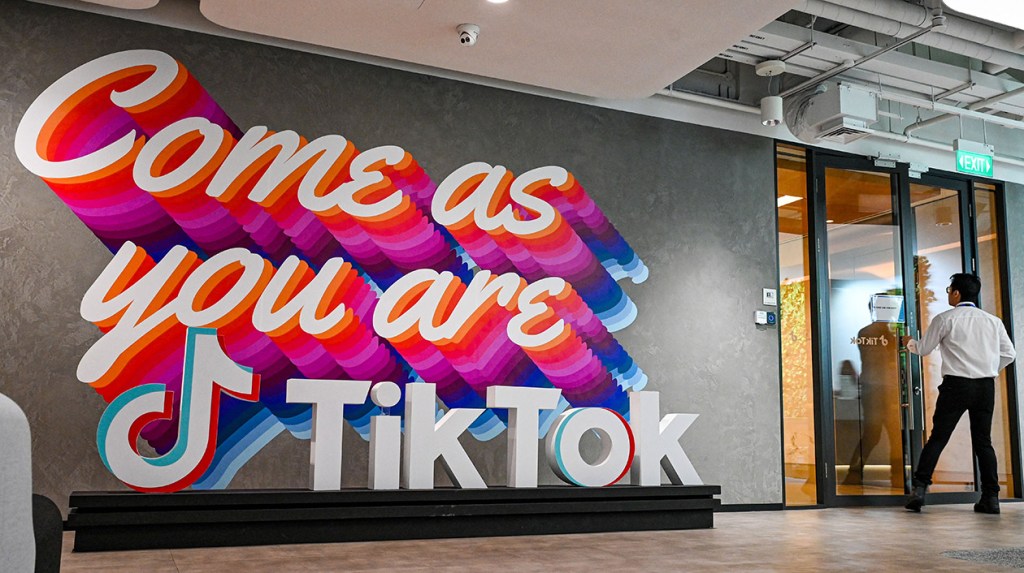The Supreme Court announced Wednesday that it will hear arguments next month on the constitutionality of a federal law that could ban TikTok in the United States if its Chinese parent company does not sell it.
The justices will hear arguments Jan. 10 on whether the law impermissibly restricts speech in violation of the First Amendment.
The law, which took effect in April, set a January 19 deadline for TikTok to be sold or face a ban in the United States. The popular social networking platform has more than 170 million users in the US
It's unclear how quickly a decision might come. However, the high court could act after the arguments to block the law pending a final ruling if at least five of the nine justices find it unconstitutional.
Lawyers for the company and China-based ByteDance had urged judges to intervene before January 19. The high court will also hear arguments from content creators who rely on the platform for income and some TikTok users.
The timing of the arguments means the Justice Department of the outgoing Biden administration will support the law that passed Congress with bipartisan support and was signed by Democratic President Joe Biden in April.
The new Republican administration may not share the same view of the law.
President-elect Donald Trump, who once supported a ban but then pledged during the campaign to “save TikTok,” said his administration would look into the situation. Trump met with the CEO of TikTok Shou Zi Chew at Trump's Mar-a-Lago club in Florida on Monday.
The companies have said that a shutdown lasting just a month would result in TikTok losing about a third of its daily users in the US and significant ad revenue.
The case conflicts free speech rights with the government's stated goals of protecting national security, while raising new issues about social media platforms.
A panel of federal judges on the U.S. Court of Appeals for the District of Columbia Circuit unanimously upheld the law on Dec. 6, then rejected an emergency appeal to delay the law's implementation.
Without court action, the law will take effect on January 19 and expose app stores that offer TikTok and web hosting services that support it to potential fines.
It is up to the Department of Justice to enforce the law, investigate potential violations, and seek penalties. However, lawyers for TikTok and ByteDance argued that Trump's Justice Department could halt enforcement or otherwise seek to mitigate the law's more serious consequences. Trump takes office a day after the law takes effect.
This story was originally published by The Associated Press.



